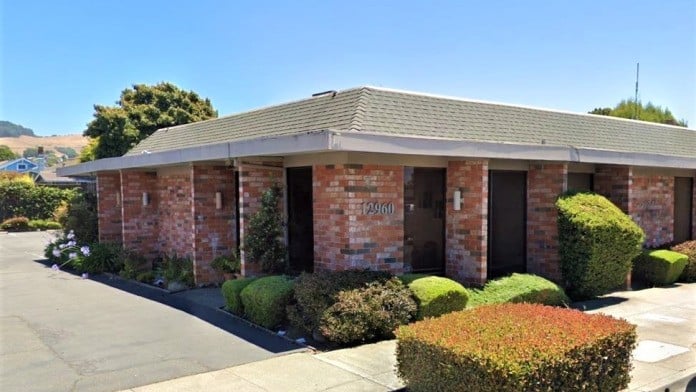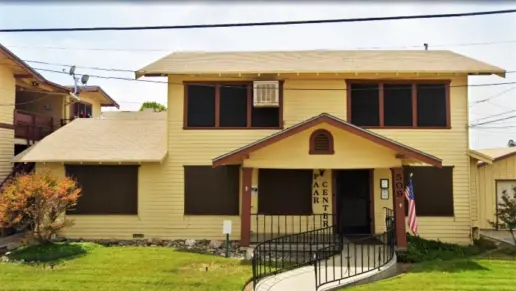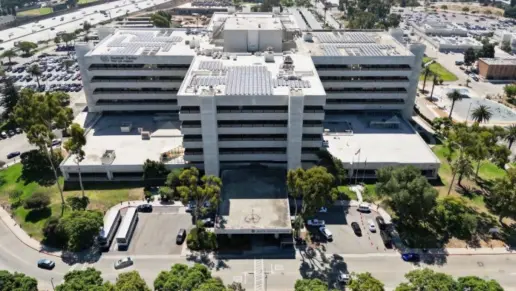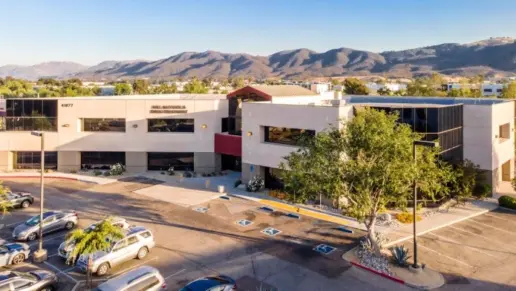About Ujima Family Recovery Services – Outpatient Treatment
Ujima Family Recovery Services has led behavioral health and substance use recovery efforts in California for over 30 years. Ujima West Outpatient Treatment Program is just one of their outpatient centers across the state. This facility is located in Richmond, California, and serves women from Contra Costa County. They offer special therapeutic recovery services for pregnant, postpartum and parenting women with children. Men can also participate and benefit from this program.
Their broader services cover women between the ages of 18 and 64, their children aged 0 to 5 and men. They provide a supportive, family-like environment where individuals in recovery can learn to live in a drug and alcohol-free setting. This helps families devastated by addiction achieve lasting recovery. Emphasis is on personal responsibility and independent living.
Women benefit from the opportunity for personal recovery while continuing to care for their children. Their team of addiction recovery professionals uses proven therapeutic practices to deliver personalized care. The program can last up to 180 days, depending on your unique needs. Their services involve comprehensive assessment, case coordination and counseling. They offer individual, group and family counseling. This helps you uncover the root cause of your addiction and develop solid coping skills.
Various educational group sessions are available. This includes alcohol and drug education, parenting and domestic violence education. They also offer 12 Step support, pregnancy and family reunification support. Other services include life skill education, child care and child development services. You’ll become part of and participate in alumni activities upon graduation. This will also allow you to access ongoing support and essential community resources like housing assistance.
Gallery

Location
Accepted Insurance
Other Forms of Payment
Medicare is a federal program that provides health insurance for those 65 and older. It also serves people under 65 with chronic and disabling health challenges. To use Medicare for addiction treatment you need to find a program that accepts Medicare and is in network with your plan. Out of pocket costs and preauthorization requirements vary, so always check with your provider.
Addiction Treatments
Levels of Care
Treatments
The goal of treatment for alcoholism is abstinence. Those with poor social support, poor motivation, or psychiatric disorders tend to relapse within a few years of treatment. For these people, success is measured by longer periods of abstinence, reduced use of alcohol, better health, and improved social functioning. Recovery and Maintenance are usually based on 12 step programs and AA meetings.
Drug rehab in California teaches participants constructive ways to stay clean and sober. Treatment revolves around helping individuals stop using the substance they are addicted to and learn healthy habits to avoid relapse.
Many of those suffering from addiction also suffer from mental or emotional illnesses like schizophrenia, bipolar disorder, depression, or anxiety disorders. Rehab and other substance abuse facilities treating those with a dual diagnosis or co-occurring disorder administer psychiatric treatment to address the person's mental health issue in addition to drug and alcohol rehabilitation.
Opioid rehabs specialize in supporting those recovering from opioid addiction. They treat those suffering from addiction to illegal opioids like heroin, as well as prescription drugs like oxycodone. These centers typically combine both physical as well as mental and emotional support to help stop addiction. Physical support often includes medical detox and subsequent medical support (including medication), and mental support includes in-depth therapy to address the underlying causes of addiction.
Substance rehabs focus on helping individuals recover from substance abuse, including alcohol and drug addiction (both illegal and prescription drugs). They often include the opportunity to engage in both individual as well as group therapy.
Programs


Clinical Services
Research clearly demonstrates that recovery is far more successful and sustainable when loved ones like family members participate in rehab and substance abuse treatment. Genetic factors may be at play when it comes to drug and alcohol addiction, as well as mental health issues. Family dynamics often play a critical role in addiction triggers, and if properly educated, family members can be a strong source of support when it comes to rehabilitation.
Group therapy is any therapeutic work that happens in a group (not one-on-one). There are a number of different group therapy modalities, including support groups, experiential therapy, psycho-education, and more. Group therapy involves treatment as well as processing interaction between group members.
Trauma therapy addresses traumatic incidents from a client's past that are likely affecting their present-day experience. Trauma is often one of the primary triggers and potential causes of addiction, and can stem from child sexual abuse, domestic violence, having a parent with a mental illness, losing one or both parents at a young age, teenage or adult sexual assault, or any number of other factors. The purpose of trauma therapy is to allow a patient to process trauma and move through and past it, with the help of trained and compassionate mental health professionals.
Contact Information
12960 San Pablo Avenue
Richmond, CA 94805









